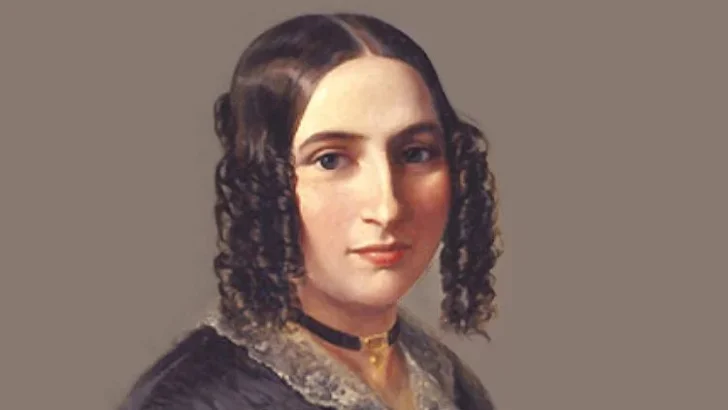A recent event at the National Concert Hall commemorated the centenary of the death in 1924 of Giacomo Puccini through his Messa di Gloria. An early work, the piece still has considerable merit to its credit. However, I felt the respectable performance under visiting conductor Carlo Rizzi with tenor and bass soloists – Gwyn Hughes Jones and Simon Shibambu – and the NSO Chorus was somewhat less than elevating.
The first half of the evening had been devoted to the sister and brother Mendelssohns – Fanny and Felix – with her Overture in C and his ever-popular 4th Symphony (The Italian). Not surprisingly there is a similarity of style connecting both works written in 1830 and 1833 respectively.
Fanny Cäcilie Mendelssohn, born into a wealthy Hamburg family who moved to Berlin in 1811, was the eldest of Abraham and Leah Mendelssohn’s four children. Showing prodigious qualities on the piano, she was pronounced by her mother to have ‘Bach fugue fingers’, and by the age of thirteen Fanny, who also had a phenomenal memory, could play the first book of Bach’s Preludes and Fugues by heart.
Together with her younger brother, Felix, with whom she had a close personal and musical relationship, she was sent to study with the director of Berlin’s Singakademie, Carl Friedrich Zelter. Brilliant pianists, both children had also shown decided inclinations towards composition, but their father was adamant only Felix would be allowed to follow a career in music. Abraham Mendelssohn told his daughter that “while music will perhaps become Felix’s profession, for you it can, and must, be only an ornament.”
Fanny married the Prussian court painter Wilhelm Hensel in 1829. Soon, her Sonntagsmusiken (Sunday salon concerts) became part and parcel of Berlin’s social scene and attracted the intellectual and artistic elite into her home.
Despite her father’s earlier opposition, she continued to compose and rear her only child Sebastian Ludwig (1830-1898). With her husband’s support she published several volumes of her songs and piano pieces, many of them entitled Lied ohne worte (Song without words), in 1846.
Because of the scepticism regarding women composers at the time quite a number of Fanny’s compositions were published under Felix’s name. On one occasion when visiting Buckingham Palace Felix had to admit to Queen Victoria that the song Italien in which he had accompanied her was actually composed by Fanny and not by him as the monarch had thought.
Fanny Mendelssohn’s prolific output runs to over 450 works around 250 of which are songs. While some considered her music as gifted as that of her genius brother, Felix, others found it had a far more passionate nature than his. This surprised Fanny and she is on record as saying she wondered how she could have written such emotional music as she felt she was neither an eccentric nor an overly sentimental person.
While rehearsing Felix’ secular cantata Die erste Walpurgisnacht for one of her Sunday concerts in 1847, Fanny suffered a cerebral haemorrhage and died later that evening. Sadly, Felix also died from a cerebral haemorrhage on November 4, 1847, while in Leipzig to conduct his Gewandhaus Orchestra.



